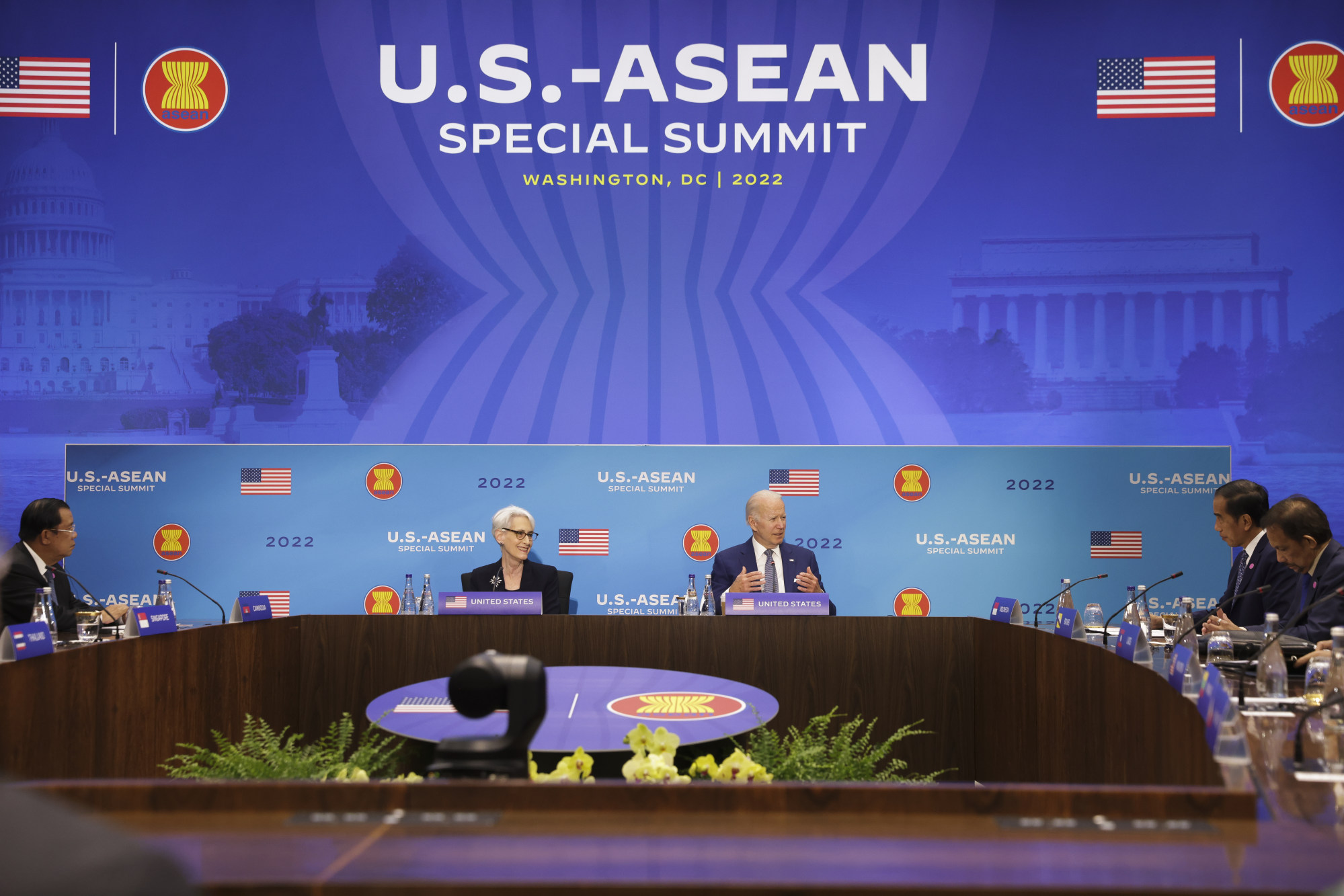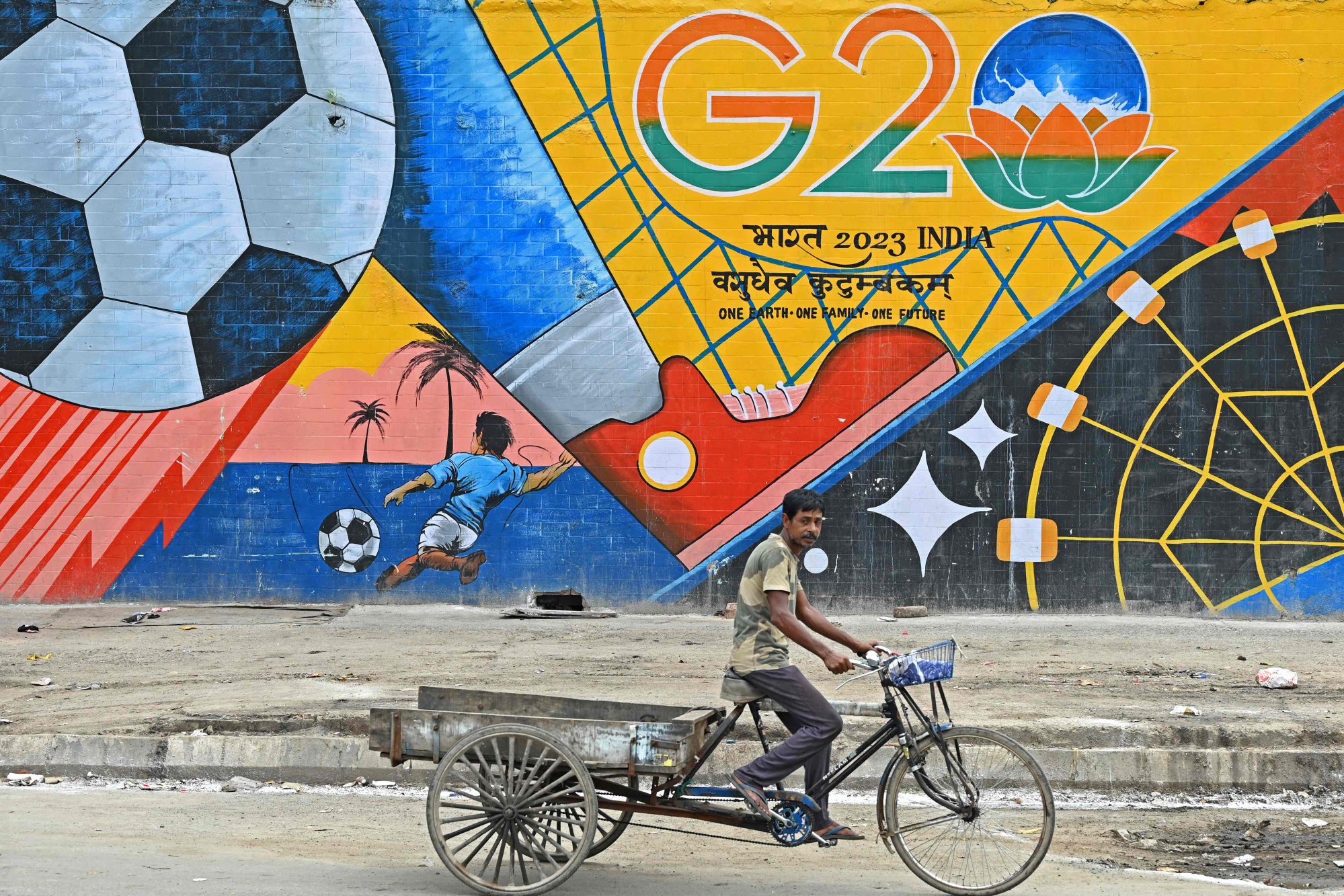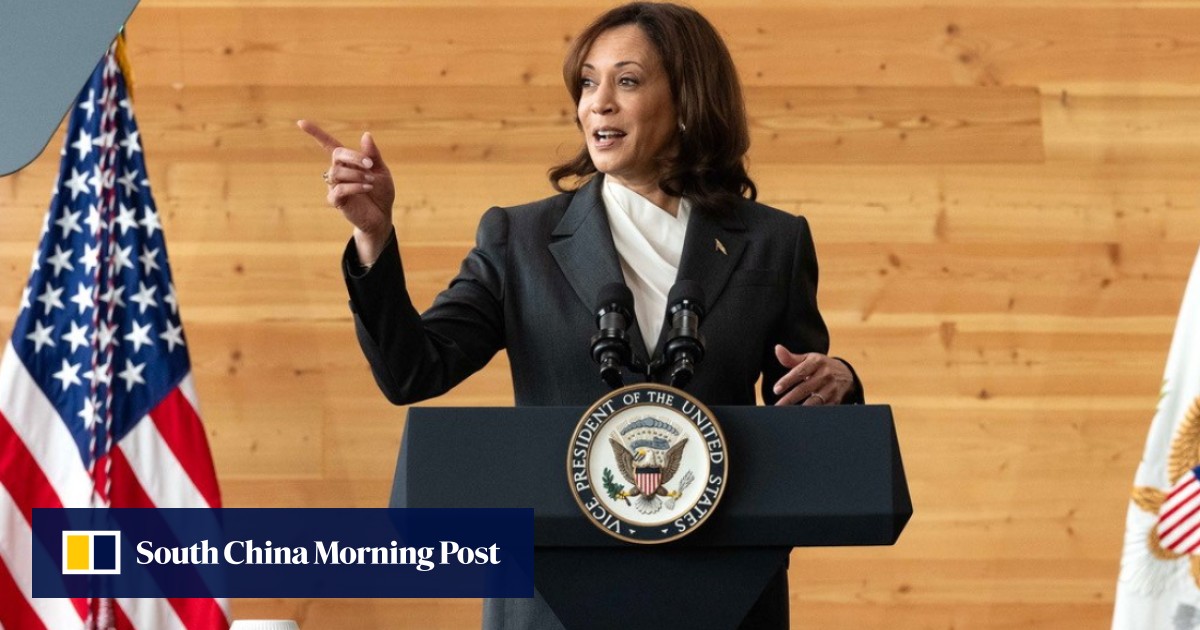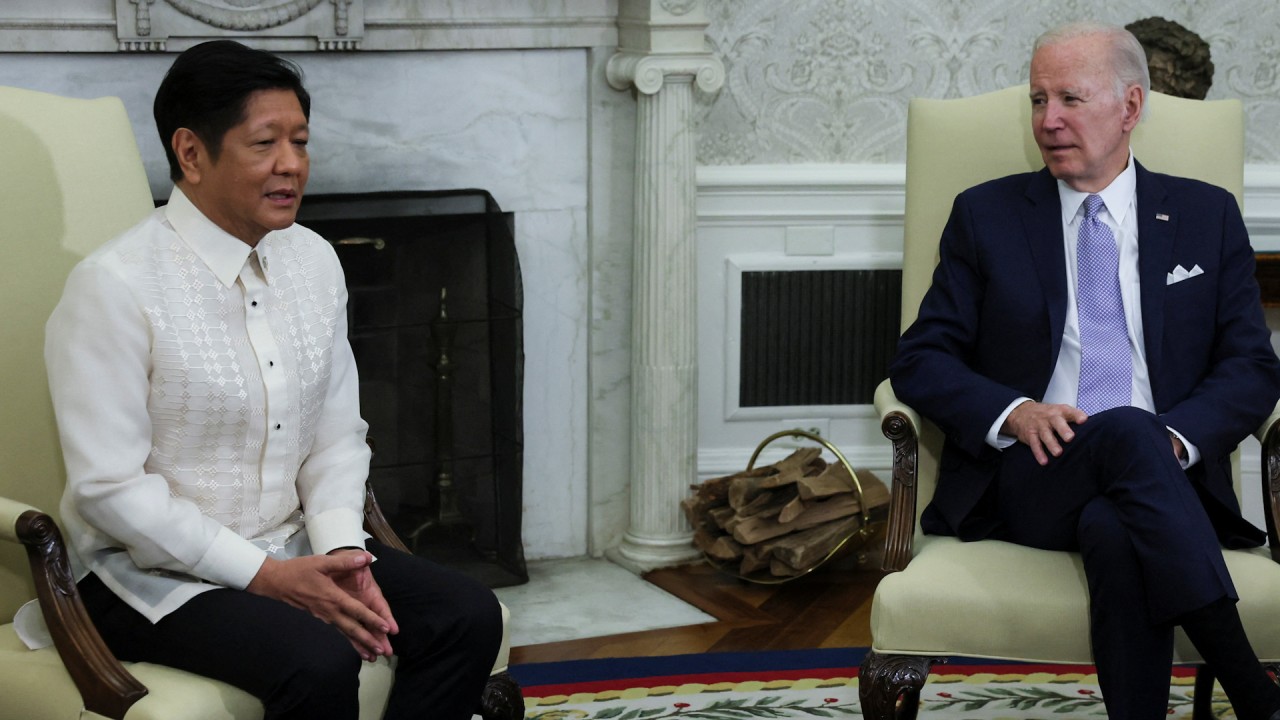But ahead of this week’s confirmation that Biden would miss the talks, there had already been indications from within the region that such a move would be seen as a snub.
Asean leaders typically meet twice a year, but the second meeting – being held earlier than usual this year – includes the East Asia Summit, where national leaders of the bloc’s main trading partners also participate.

Having world leaders attend these meetings is seen as a cornerstone of the region’s concept of Asean centrality – whereby diplomacy concerning the region revolves around meetings and agendas set by the bloc, and not by external parties.
Reuters, which first reported Biden’s plan to skip the Asean meetings, said in an August 10 report that several regional diplomats deemed his non-attendance a “significant disappointment” given the administration’s public emphasis on ties with the region.
“I think Jakarta sees the gap between American rhetoric about Asean centrality and the importance of Asean, and the reality [of the situation], which is that engagement with the Asean heads of state is not a priority of the Biden administration,” said Jefferson Ng, an associate research fellow at the Singapore-based S. Rajaratnam School of International Studies.
Can Japan and South Korea seal ‘historic’ security alliance at US summit?
Can Japan and South Korea seal ‘historic’ security alliance at US summit?
Sullivan on Tuesday also took aim at comparisons to Trump, saying he “would put our record of achievement and engagement in the Indo-Pacific up against any American president [and] any other country in the world”.
Observers said the Biden administration was likely to face the same line of questioning if he continued to deprioritise Asean meetings.
The [Biden] administration has done enough at this point to rebuild some amount of trust and goodwill among Southeast Asian partners, but it does seem like it’s two steps forward and one step back
“I think the [Biden] administration has done enough at this point to rebuild some amount of trust and goodwill among Southeast Asian partners, but it does seem like it’s two steps forward and one step back,” said Hunter Marston, a Southeast Asia researcher at Australian National University (ANU).
According to Ng, it is likely that the US recognises that Asean, with its own internal dysfunctions, is mainly an organisation for economic cooperation and has little role to play as a geopolitical grouping.
US vice-president set to visit Seoul with China, North Korea on her mind
US vice-president set to visit Seoul with China, North Korea on her mind
“As American interests in this region are predominantly focused on counterbalancing China’s growing military power, it is not surprising that Asean has little role to play in Washington’s strategic calculus,” said Ng.
“Biden may be more polite than Trump, but the hard-nosed reality is that the US is not interested in what Asean is offering,” he added.
Biden’s choice to prioritise the G20 summit held in India over the Asean meets might be a strategic one, said Dedi Dinarto, lead Indonesia analyst at strategic advisory firm Global Counsel.

“[Brics] is viewed as an alternative to the US-dominated global system. So, attending the G20 summit will be more strategic for the US,” Dinarto said.
But he noted that it would be “unfair to claim Asean is of little importance to the US”.
“Washington continues to engage with Asean as an external dialogue partner, a sentiment underscored by Kamala Harris’ participation,” Dinarto said.
“Asean is fairly used to US disinterest or at least some of the inconsistencies of leaders attending Asean summits,” he said. “It doesn’t mean that this will be an irreversible loss for US influence in the region.”
Additional reporting by Reuters


